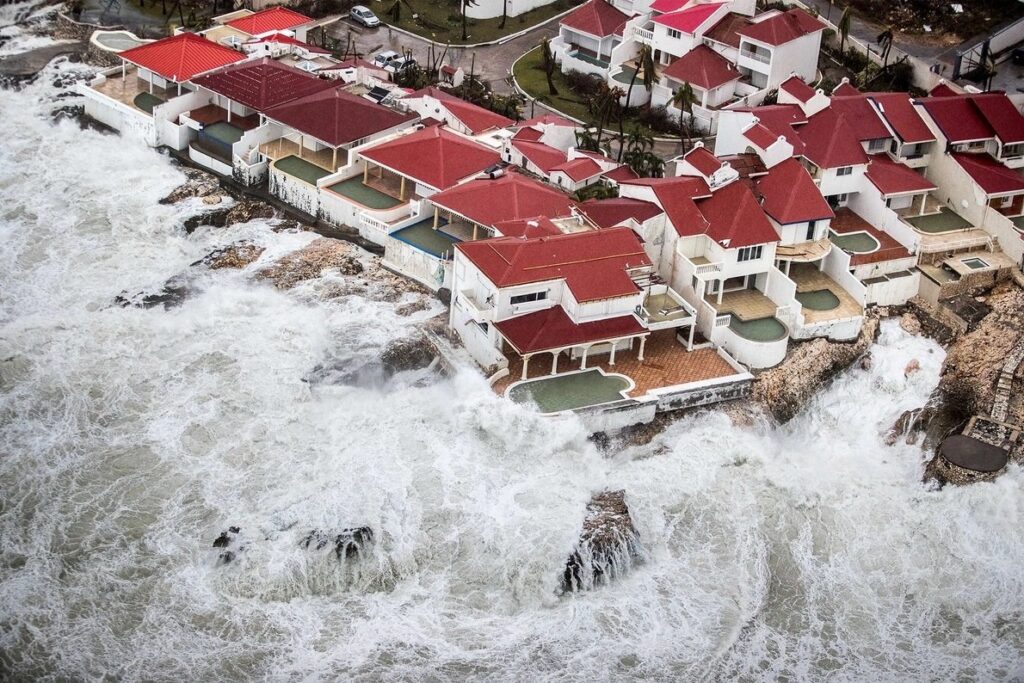The Ventanas smelter, of the Chilean state company Codelco -the largest copper company in the world-, temporarily resumed its operations this Saturday while awaiting its definitive closure, which was announced two weeks ago due to an episode of contamination and generated great controversy in the country.
This was stated in a statement from the mining company, which pointed out that “the Ventanas smelter will resume its operations this afternoon, under the supervision of the Superintendence of the Environment.”
On June 6, the environmental authorities of Chile demanded the temporary cessation of this plant, located in the bay of Quintero and Puchuncaví -an area of high industrial concentration on the central coast of Chile- after a SO2 peak was recorded in the atmosphere.
You may also like:
A few days later and after the umpteenth episode of intoxication in just a few weeks, which caused vomiting, dizziness and other pathologies to 150 people, mostly children, the President of the Republic, Gabriel Boric, announced its total closure, previously approved by the company directory.
In the letter, the company clarified that, in parallel to its reopening, it will continue “advancing in the dialogue tables for the preparation of the process of cessation of the foundry committed by Codelco with the workers.”
The announcement to close Windows triggered a national strike at the end of June within the company, which produces almost 30% of the country’s red metal and a tenth of world production.
The Federation of Copper Workers (FTC), which brings together 27 company unions, estimated that 50,000 direct workers and contractors joined the strike and calculated that each of the two days the strike lasted 25 million workers were lost. Dollars.
After negotiating with the board, the parties agreed to maintain the process of closing Ventanas but committed to increasing investment in the refinery located in the same complex.
Chile accounts for 28% of world copper production and giants such as BHP, Anglo American and Antofagasta Minerals operate in the country.
Mining, which represents about 10% of the national gross domestic product (GDP), is playing a fundamental role in the country’s economic recovery after the pandemic.


















